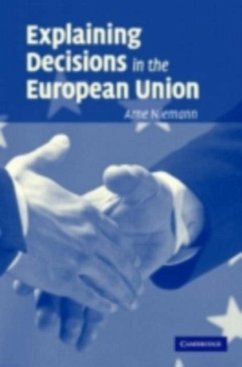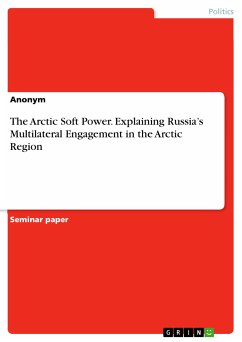Explaining outcomes of decision-making at the European level has occupied scholars since the late 1950s, yet analysts continue to disagree on the most important factors in the process. In this book, Arne Niemann examines the interplay of the supranational, governmental and non-governmental actors involved in EU integration, along with the influence of domestic, supranational and international structures. The book restates and develops neofunctionalism as an approach for explaining decisions in the European Union and assesses the usefulness of the revised neofunctionalist framework on three case studies: the emergence and development of the PHARE programme, the reform of the Common Commercial Policy, and the communitarisation of visa, asylum and immigration policy. Niemann argues that this classic theory can be modified in such a way as to draw on a wider theoretical repertoire and that many micro-level concepts can sensibly be accommodated within his larger neofunctionalist framework.
Dieser Download kann aus rechtlichen Gründen nur mit Rechnungsadresse in A, B, BG, CY, CZ, D, DK, EW, E, FIN, F, GR, HR, H, IRL, I, LT, L, LR, M, NL, PL, P, R, S, SLO, SK ausgeliefert werden.









